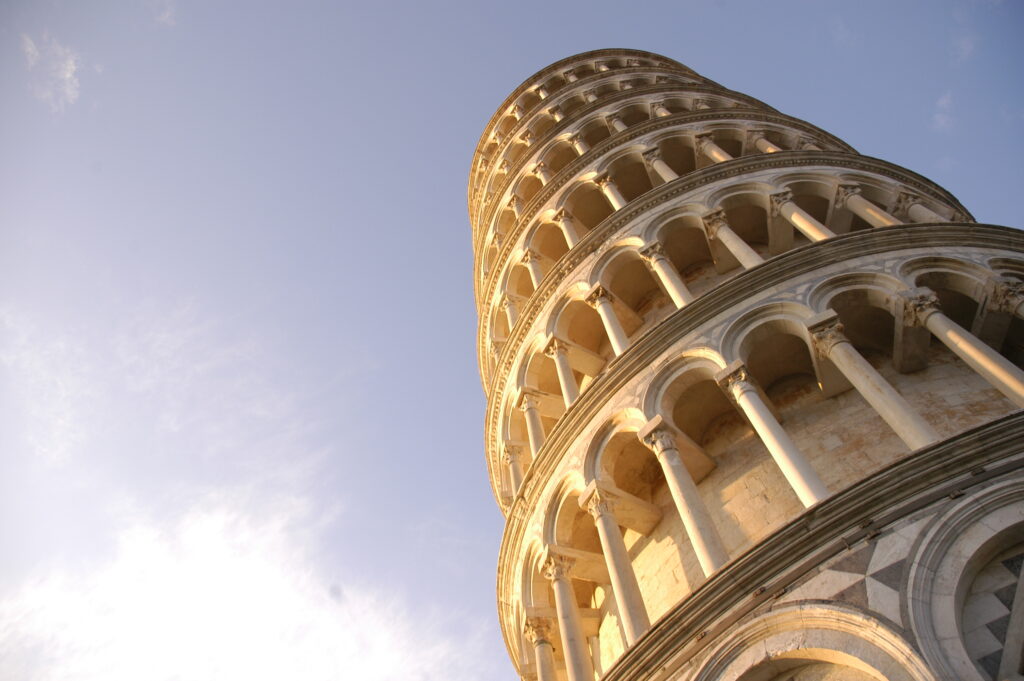The Evolution of Language: An In-depth Exploration of Linguistic Shifts and the Role of Translators
Language is a vibrant tapestry that reflects the ebb and flow of human civilization. Far from being static, it constantly evolves, mirroring societal changes, technological advancements, and cultural shifts. Today, we delve deeper into the annals of history, understanding the metamorphosis of languages and the critical role translators play in preserving and enhancing this rich heritage.
A Glimpse into the Past
- Cave Paintings: Humanity’s first foray into communication. Cave paintings, dating back thousands of years, showcased rudimentary symbols portraying daily life, hinting at our ancestors’ innate desire to share stories and experiences.
- Hieroglyphics: Ancient Egypt took a leap forward with hieroglyphics, a sophisticated system of writing using intricate symbols and pictures.
- Alphabets: Progressing through the sands of time, these symbols eventually evolved into alphabets, laying the groundwork for modern written languages.
The Birth and Diversification of Modern Languages
- Latin: Serving as the foundation, Latin, the lingua franca of the Roman Empire, splintered and gave birth to the Romance languages.
Romance Language Origin Example Word (Meaning: ‘Friend’) Spanish Latin Amigo Portuguese Latin Amigo French Latin Ami Italian Latin Amico Romanian Latin Prieten
Each of these languages, while sharing roots, has evolved under diverse cultural, political, and societal influences, leading to the rich linguistic landscape we see today.
The Winds of Change: Extrinsic Influences on Language
Historical events have played a significant role in shaping languages:
- Norse Invasions: Introduced words like “sky” and “window” into English.
- Norman Conquest: 1066 was a defining year, bringing in a plethora of French vocabulary to English, such as “court” and “judge”.
The Technological Revolution’s Impact
Inventions have punctuated and shaped the evolution of language:
- Printing Press: Johannes Gutenberg’s marvel in the 15th century democratized information, standardizing and preserving languages.
- Digital Age: The rise of the internet introduced a new lexicon, including internet slang, emojis, and digital communication styles.
- Internet Slang: Terms like ‘LOL’, ‘BRB’, and ‘OMG’.
- Emojis: A modern ‘language’ conveying emotions, from 😃 to 💔.
Natural Evolution: Embracing Slang
Languages organically shift from within:
- Word Evolution: The term “cool”, initially a descriptor of temperature, has morphed into a word indicating approval or fashionability.
- Slang: Often reflective of an era’s zeitgeist, many slang terms eventually become part of standard language due to widespread usage.
Translators: The Pillars of Linguistic Evolution
Amidst the vast linguistic expanse:
- Bridging Epochs: Translators don’t just convert words; they bridge time, cultures, and civilizations.
- Adaptability: With languages in flux, translators must adapt, capturing essence, nuances, and historical contexts.
Modern Challenges for Translators in the Digital Era
The digital age, brimming with tools, presents unique challenges:
- Conveying Emotions: How does one encapsulate the sentiment of ‘LOL’ in a language devoid of the online laughter context? Or translate emojis, rich in emotion, into coherent text?
Guardians of Linguistic Heritage
Translators have another crucial role:
- Preserving Languages: UNESCO warns that a language fades into oblivion every two weeks. Translators, alongside linguists, are the vanguards, ensuring these languages remain alive in global consciousness.
Gazing into the Future
- AI & Machine Translation: While making significant inroads, they still lack the human touch—a nuanced understanding of cultural context and emotion.
- Human Translators: Their irreplaceable role ensures cultural preservation and accurate communication across borders.
In Conclusion
From the primal symbols to today’s digital dialogues, our journey through language evolution underscores humanity’s innate need to communicate and connect. As we navigate new linguistic terrains, let’s celebrate the translators, the unsung heroes, ensuring every narrative finds its rightful place in our shared human story.




